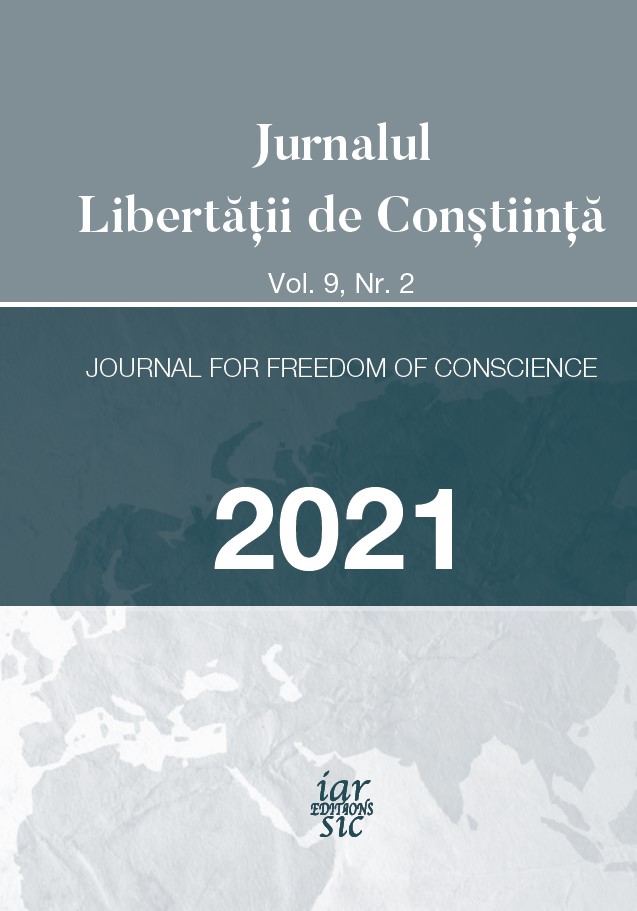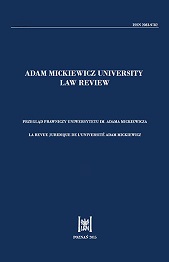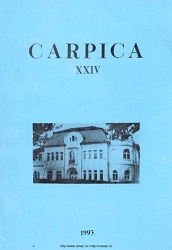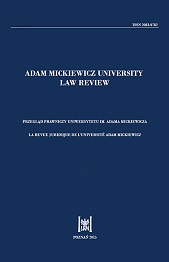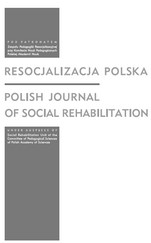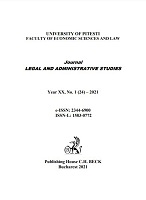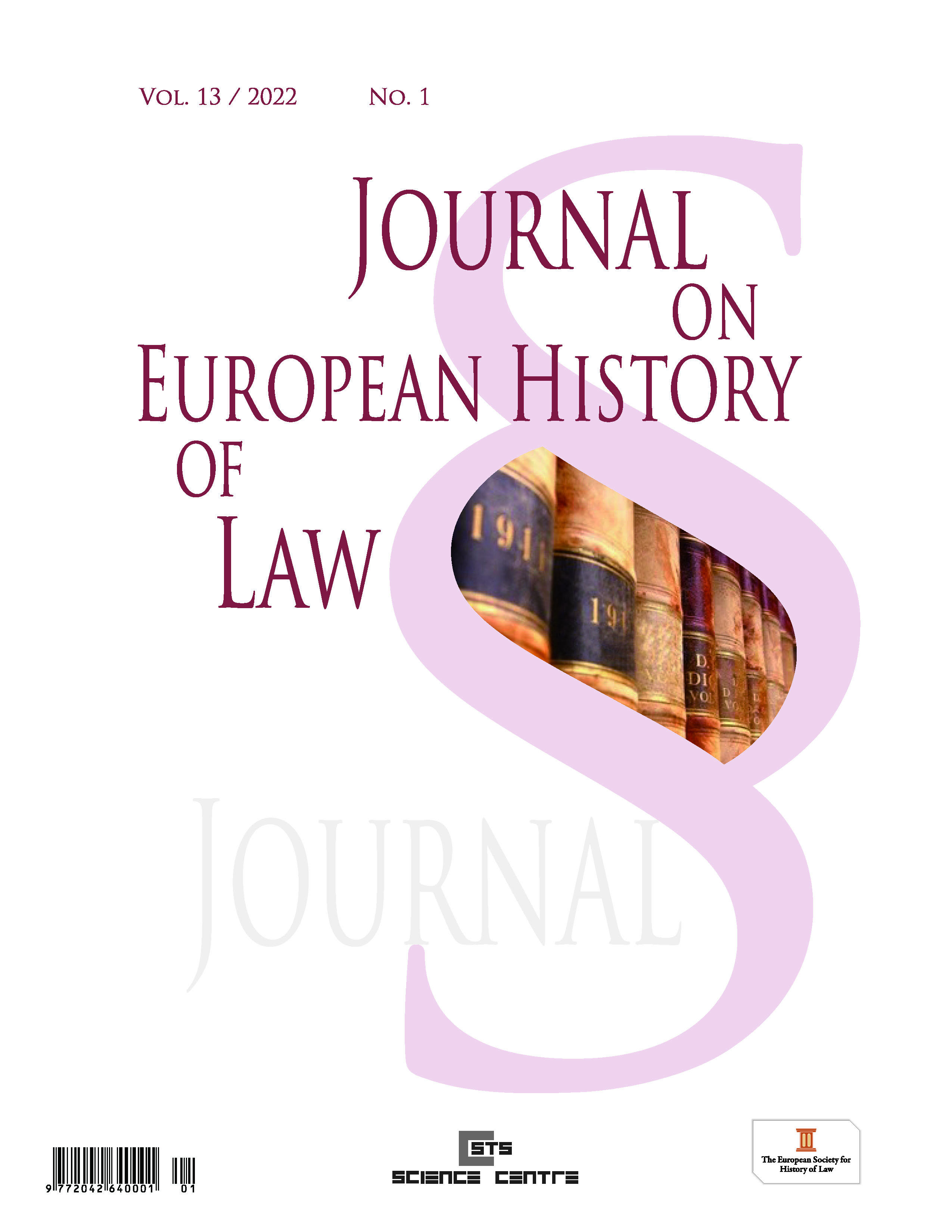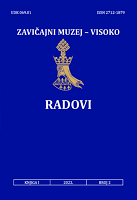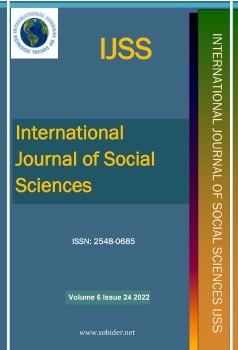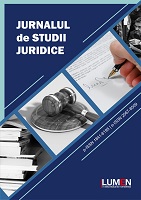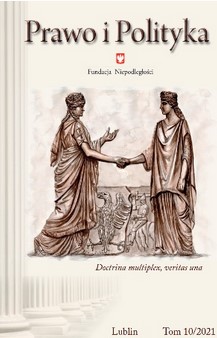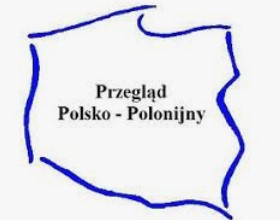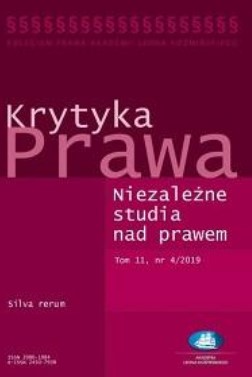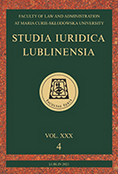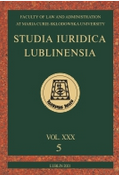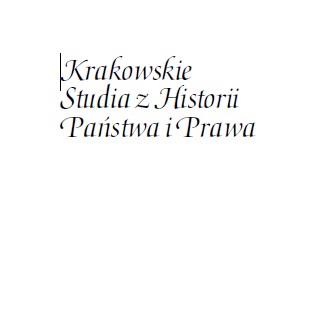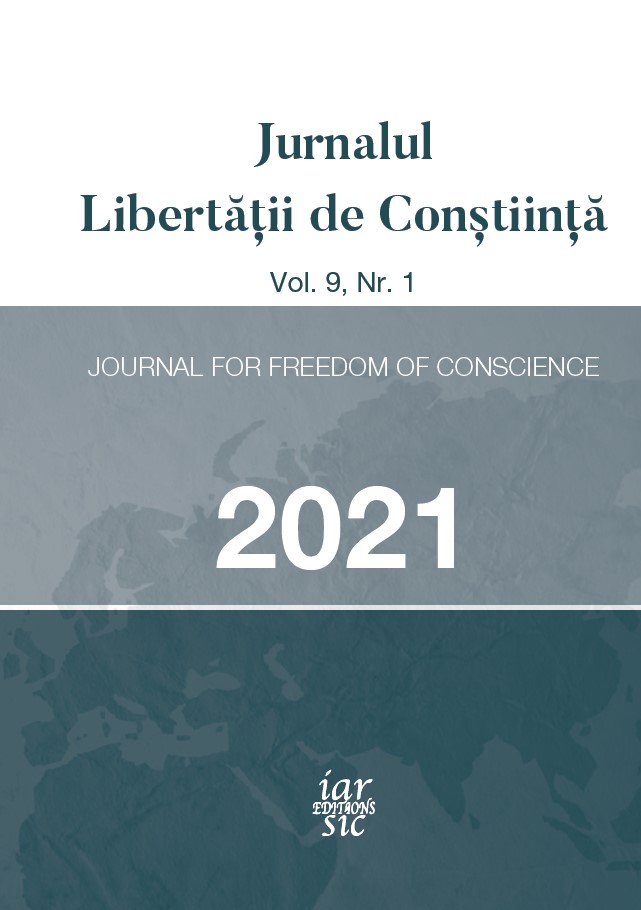
CONTRIBUȚIA DOCTRINEI IMAGO DEI LA PROCESUL ABOLIRII SCLAVIEI ÎN IMPERIUL BRITANIC
The Christian understanding of Imago Dei was a crucial understanding for the Christians involved in the attempt of the abolishment of slavery in the British Empire in the 19th century. In a society where slavery was seen as given from birth to death, the idea of the abolishment of slavery was both brave and revolutionary, as most of the society in that time was relying economically on the exploitation of the slaves. The abolitionists strongly believed in the human dignity derived from the Judeo-Christian tradition of the creation of men according to the image of God, and based on this belief they promoted human dignity, equality, and human rights for all people.
More...
